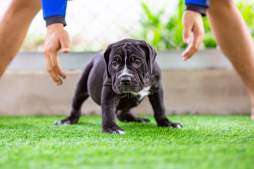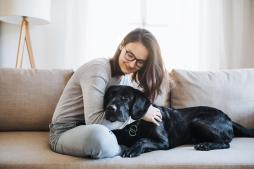The Role of Socialization in Preventing Dog Aggression

Understanding the root causes of aggressive behavior in dogs is crucial for any dog owner. One of the most effective ways to prevent aggression is through early and consistent socialization. This article explores how socialization plays a pivotal role in reducing aggressive tendencies and promoting a well-adjusted, friendly canine companion.
What Is Dog Aggression?
Dog aggression refers to behaviors where a dog shows hostility or threatens harm to others, which can be directed toward people, other animals, or even objects. Aggression can manifest as growling, barking, snapping, or biting and may result from fear, territorial instincts, pain, or lack of proper training and social experiences.
Why Socialization Matters
Socialization is the process by which dogs are exposed to different people, environments, sounds, animals, and situations during their critical developmental periods. Proper socialization helps dogs learn how to interact calmly and confidently with the world around them. Dogs that are well-socialized tend to be less fearful and less likely to react aggressively when encountering new experiences.
When Should Socialization Start?
The best time for socializing puppies is during their early weeks — typically between 3 to 14 weeks old — when they are most open to new experiences. However, it’s never too late; adult dogs can also benefit from gradual social exposure with patience and positive reinforcement. Early socialization lays the foundation for healthy behavior throughout a dog’s life.
Effective Socialization Techniques
Effective techniques include exposing your dog gradually to various stimuli in controlled settings while using positive reinforcement like treats and praise. Introducing your dog to other friendly dogs helps them develop appropriate play behavior. Meeting different types of people—adults, children, strangers—can reduce fear-based reactions. Consistency and patience are key throughout this process.
Additional Tips for Managing Aggressive Behavior
While socialization is essential in prevention, managing existing aggression requires understanding triggers and seeking professional help if needed. Training methods such as desensitization and counter-conditioning can help modify aggressive responses over time. Always avoid punishment-based techniques as they may increase fear or aggression.
Preventing dog aggression through socialization not only leads to safer interactions but also strengthens the bond between you and your pet. By investing time into early exposure and positive experiences for your dog, you pave the way for a happier life together.
This text was generated using a large language model, and select text has been reviewed and moderated for purposes such as readability.


